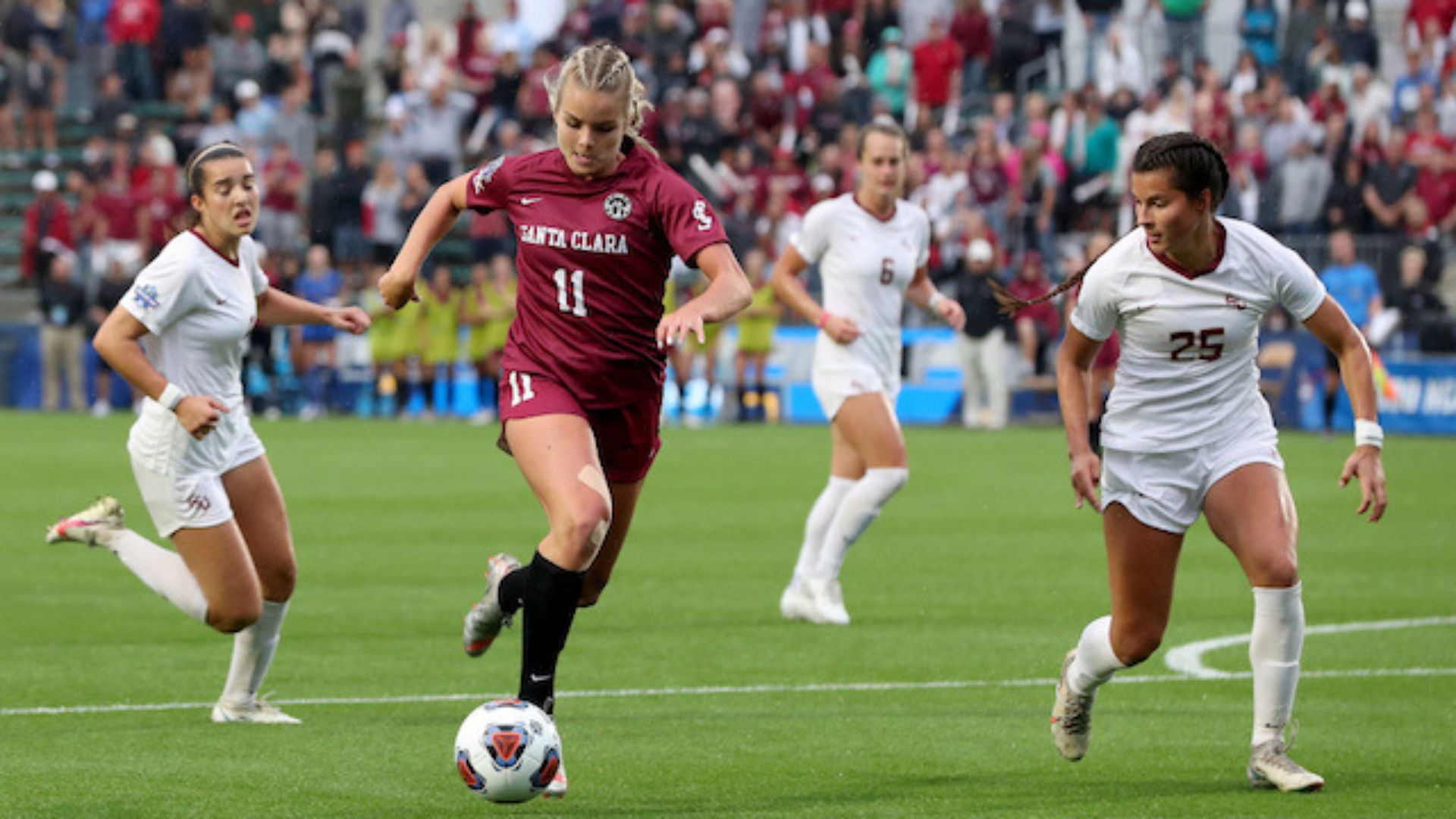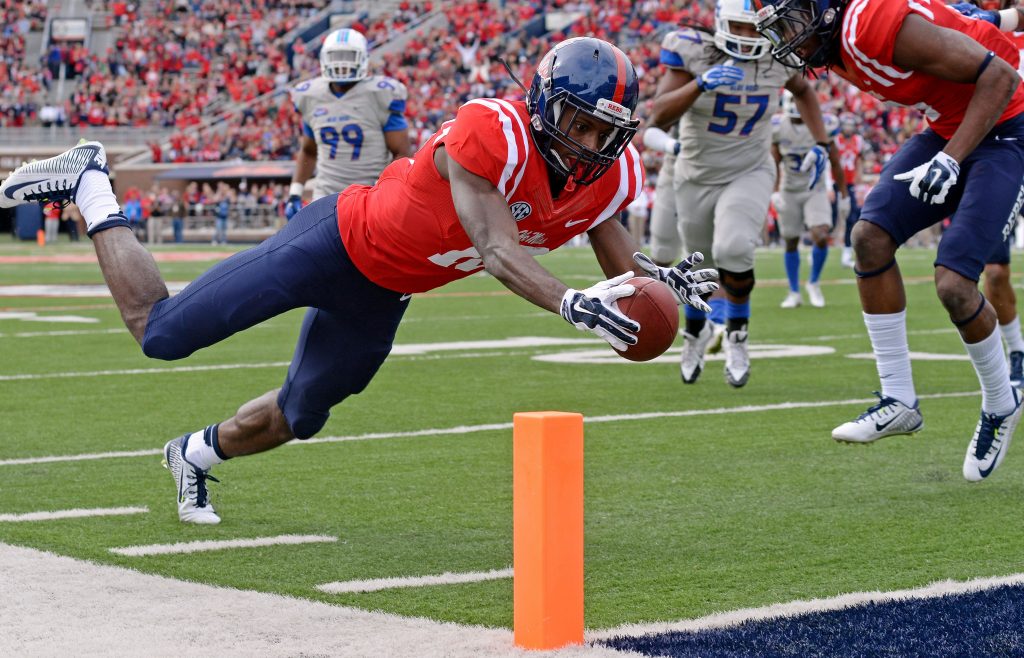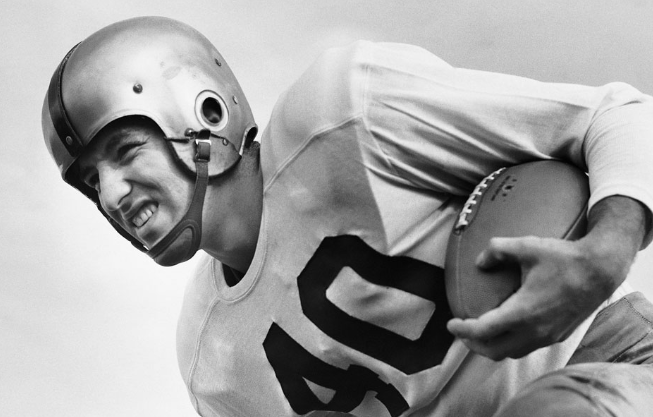College football captivates millions of fans with its thrilling plays, passionate rivalries, and electrifying atmosphere. But beneath the bright lights and roaring crowds lie complex social justice issues that demand attention. From racial inequality to athlete compensation, college football operates within a system that isn’t without its flaws. Here, we explore some of the most pressing social justice issues facing the sport.
A Legacy of Racial Inequality
The shadow of racial discrimination hangs heavy over college football’s history. From segregated programs to limited opportunities for Black coaches and athletes, the sport has a long way to go in achieving true racial equity. While progress has been made, Black athletes continue to be disproportionately represented in certain positions on the field, and Black head coaches remain a distinct minority. This lack of diversity extends beyond the playing field. Opportunities for Black athletic trainers, strength and conditioning coaches, and team doctors remain limited. Universities must actively work towards dismantling systemic barriers. Thereby, creating a more inclusive environment for Black professionals in the world of college football.
The Debate Over Athlete Compensation
College athletes generate billions of dollars in revenue for universities, conferences, and television networks. Yet, they remain unpaid for their labor. The current model, often referred to as “amateurism,” is increasingly being challenged by athletes and advocates who argue that these young men are essentially professional athletes generating substantial revenue, but without the financial compensation or rights associated with professional status. The debate surrounding athlete compensation is complex, with arguments on both sides. However, the issue of fair pay for college athletes deserves a serious and open discussion. Potential solutions such as revenue sharing models or trust funds could help ensure that athletes receive fair compensation for the value they bring to the game.

Health and Safety Concerns
The physical demands of college football are immense. Players are constantly at risk of serious injuries, some with potentially life-altering consequences. While advancements in equipment and training methods have improved player safety, concerns remain. Long-term health effects of concussions and other head injuries are a growing concern. Universities have a responsibility to prioritize player safety. Additionally, by implementing stricter protocols for concussion management and investing in research that can further mitigate health risks associated with the sport.
Breaking the Silence
Furthermore, in recent years, student-athletes have become increasingly vocal about social justice issues. From protests against racial injustice to calls for fair compensation, these young men are using their platform to advocate for change. This growing activism is a positive development. By speaking out and demanding a seat at the table, student-athletes are forcing difficult conversations. Students are pushing for a more equitable future within college football.
The Road Ahead
College football has the power to unite communities and inspire millions. However, to truly be a force for good, the sport must confront its social justice issues. Universities, conferences, and governing bodies must actively collaborate to ensure fair treatment for athletes, address social justice issues, and prioritize player safety, thus fostering a more equitable and sustainable future for college football. This collective effort aims to create an environment where athletes are supported. Additionally, where social concerns are acknowledged, and player welfare is paramount.Only then can college football truly live up to its potential as a powerful force for positive change.
Conclusion
In conclusion, the examination of social justice issues in college football reveals a complex landscape where athletes, institutions, and broader societal values intersect. Additionally, player compensation debates and racial equity issues underscore the need for ongoing action in the sport. Continual dialogue is essential for addressing these concerns effectively. As stakeholders continue to navigate these challenges, addressing social justice concerns in college football remains crucial for fostering a more equitable and inclusive environment both on and off the field.




